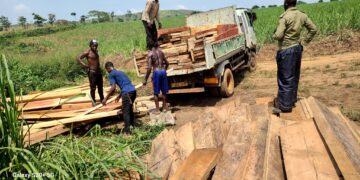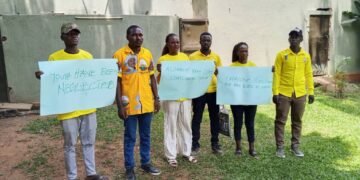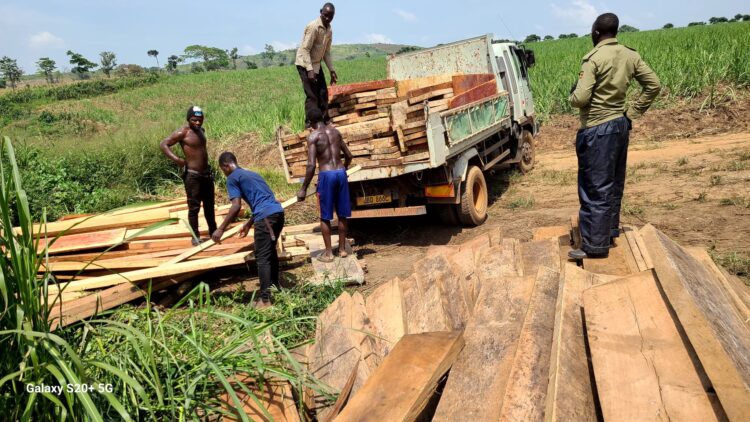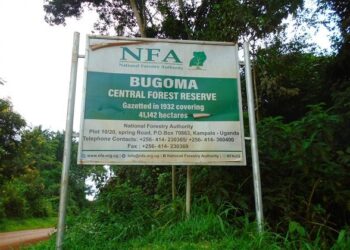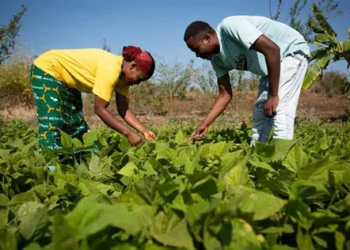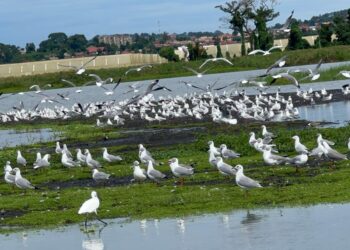OPINION
Editor, forests are more than just trees, they are the lifeblood of its ecosystems supporting millions of people that depend on them for water, food and livelihoods. More so, forests are the lungs of the world, they help us to breathe as well as think, exercise and relax.
Though forests play vital roles, they are under threat. In Uganda, forests such as Bugoma, Mabira and others are threatened by deforestation, a factor that has emerged to be one of the most pressing challenges.
According to Global Forest Watch, between 2000 and 2020, Uganda lost over 23% of its forest cover in both natural and planted forests and an average of 20.8 metric tons of greenhouse gas emissions in the atmosphere annually.
Further, research indicates that tree cover loss in Uganda is mainly attributed to rapid population growth, the need for land for settlement and agriculture, urbanization, industrialization and the increased demand for solid biomass for fuel.
The Uganda National Household Survey (2019/2020) shows that 73% and 21% of households in Uganda use firewood and charcoal for cooking respectively. Combined biomass fuel (charcoal and firewood) constitute the main fuel for cooking in 94% of households in Uganda.
In December 2023, the Ugandan government through the Ministry of Energy and Mineral Development (MEMD) in collaboration with the International Energy Agency (IEA) launched the Energy Transition Plan (ETP) to reduce carbon emissions and safeguard Uganda’s lush forests.
Of recent, president Museveni ordered all encroachers and self-claimed landowners in Bugoma Central Forest Reserve to vacate the area or present land titles dating back to before 1932, when the forest was gazetted. He also directed the arrest of illegal loggers regardless of their status as part of the efforts to restore the forest’s depleted resources.
Before president Museveni issued an order, Uganda’s prime minister, Robina Nabbanja had met with the European Union (EU) officials over forests and EU committed £48M equivalent to shillings 200 billion for forest restoration.
I therefore request Ugandan government to use part of the European Union-forest partnership funds once released to restore parts of Bugoma forest. This is because about 800 acres of the forest reserve have been cleared for charcoal burning, timber and cultivation.
Lastly, I call upon the government to encourage use of clean cooking technologies. This can be done through supporting communities to set up clean energy hubs and demonstration centres to increase awareness and uptake of the available clean cooking options. This way, deforestation will be reduced and environment will be conserved.
By Hildah Nsimiire,
The writer is a Ugandan environmentalist.
Email: hildansimiire@gmail.com
